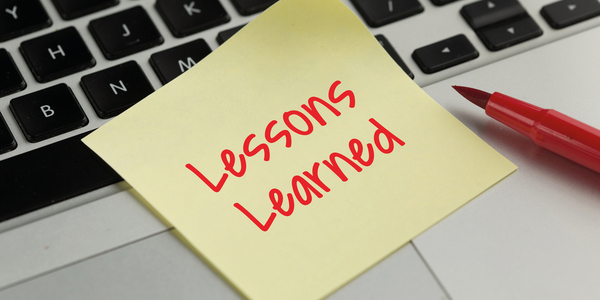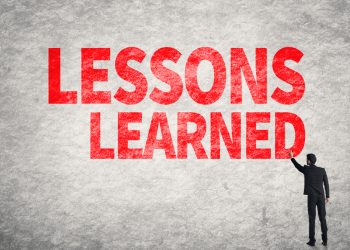In the most recent maritime feedback, CHIRP reports about lessons learned from a personal injury, from which an engineer got burned in the body and the face.
The incident
The vessel was alongside the berth and the engineers started the removing the cover of the main engine fuel oil filter.
Hot fuel sprayed onto the body and face of one of the engineers who was transferred to the ship’s hospital for immediate medical attention, while urgent transportation to hospital ashore was arranged. The engineer was hospitalized locally for a week and then repatriated. According to the final medical report issued two weeks later, the engineer was recovering well but his condition would need to be re-evaluated in a month’s time.
Probable cause
The investigation noted that an on-board risk assessment had been issued but it had not been forwarded to the
company for review and endorsement. It did not address all of the potential hazards. A toolbox meeting was held before the work was started, and both the supervisor and the injured junior engineer had undertaken the same task previously.
Furthermore, a review of the work/rest hours revealed that the injured crew member was well rested and his working hours were with in company and MLC requirements. A Permit to Work had been issued and all involved crew members were wearing the correct PPE.
It also appears that the incident took place because of inadequate implementation of the Company’s basic safety procedures.
In addition, the filters were not isolated properly from the compressed air pipe and the isolation valves were not labelled as closed as required by the relevant work permit.
As for the filters were not checked for being under pressure and draining of the filter was not carried out prior to opening the cover.
Finally, the maker’s safety instructions were not followed.
Lessons learned
According to CHIRP, every non-routine work activity needs adequate and proper planning, detailed hazards identification and comprehensive risk controls to be carried out safely and effectively. In addition:
- A toolbox meeting should always take place at the work site prior to every job, covering hazards involved and the necessary preventive measures, work permits, risk assessments should be considered/ discussed during the meeting.
- Proper supervision is an important safety factor during on board activities. The supervisor has a duty to ensure that safety instructions and good seamanship practices are always implemented and to prevent potential unsafe acts or omissions that may lead to injury or damage.
- Maintenance activities on equipment or machinery under pressure involve several hazards and risks that could lead to severe injury if they are not properly addressed.
- A thorough and effective risk assessment must always be diligently carried out, whilst the company’s work permit system procedures must be strictly followed.
- Personnel involved must be effectively briefed in detail to ensure that they are fully aware of the hazards involved and risk control measures which should be implemented prior, during and after the work activity.
- The recommendations and guidance of the makers of the systems must always be followed at every stage of the work activity.
Human factors
- Culture: Does your company, vessel or team have a ‘Just’ culture? If not, records could be falsified to indicate compliance because seafarers are afraid of the repercussions of reporting inadequate procedures or practices.
- Local practices: Do not allow ‘local’ practices replace standard or ‘best’ practice.
- Pressure: Do not let pressure lead to your taking short cuts.
- Capability: Are crew members adequately trained and briefed to undertake safety critical tasks? Are toolbox meetings held and properly conducted?






























































